Breastfeeding is one of the most important things you can do for your baby's health – and your own health too. Exclusive breastfeeding means feeding your baby breast milk only. This is recommended for the first 6 months, but don't be put off if you can't see yourself breastfeeding this long. Just take each day, week and month as it comes.
When we’re talking about breastfeeding we use the words ‘women’, ‘mums’ and ‘breastfeeding’ because most people who feed their babies this way identify as women. However, we recognise that not all people who breastfeed or chestfeed identify as women.
Why is breastfeeding so good?
- Breastfeeding is a great opportunity for skin-to-skin contact, which is very important to help your newborn build an emotional bond with you. It keeps them warm, calm and comforted and it even steadies their heart rate, breathing and temperature.
- Breastfeeding provides everything your baby needs for the first 6 months of life. After 6 months babies need food as well as milk, but breast milk is still important during the first 2 years of your baby's life and beyond.
- Breast milk is far better than formula at stopping babies from getting ill and developing certain health conditions.
- Breast milk changes to meet your baby's needs as they develop, and can respond to their surroundings to protect them from germs and bugs.
- Research shows that breastfeeding can also help boost your mental health, and the mental wellbeing of your baby too.
- Beyond the early years, breast milk also improves brain development and your baby's future health by reducing their chances of conditions such as asthma, diabetes and obesity.
- It's also much cheaper and better for the environment.
Why is the first feed of colostrum so important?
Every single feed of breast milk is valuable. The first milk you make is called colostrum. The first feed of colostrum lines your baby's tummy for protection against illness and infection, gives them an energy boost and helps them pass meconium – a black, sticky, tar-like substance you should see in your baby's first nappy.
What are the advantages for your baby?
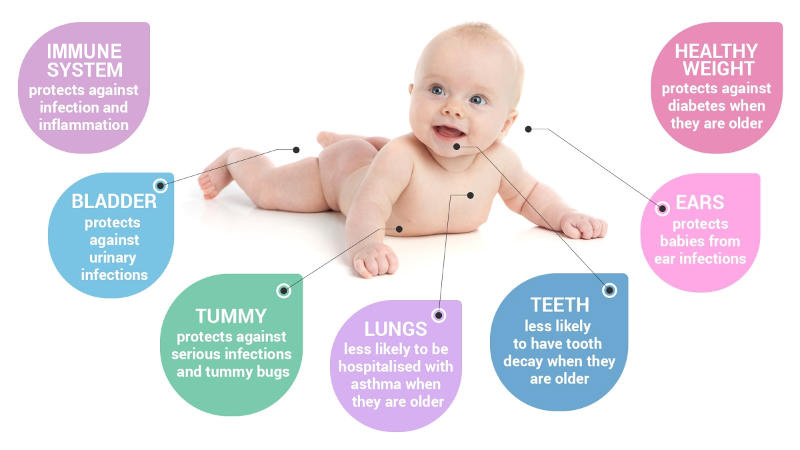
- Immune system: breast milk reduces the risk of infection and inflammation
- Bladder: breast milk reduces the risk of urinary infections
- Tummy: breast milk reduces the risk of serious infections and tummy bugs
- Lungs: breastfed babies are less likely to be hospitalised with asthma when they’re older
- Teeth: breastfed babies are less likely to have tooth decay when they’re older
- Ears: breast milk reduces the risk of ear infections
- Healthy weight: breastmilk reduces the risk of diabetes when they’re older.
How does my breast milk adapt and nourish my growing baby?
Breast milk adapts to provide all the nourishment your baby needs as they grow. You'll probably have noticed this already in the changes to your milk. At first you produce thick, concentrated colostrum perfect for newborns, then concentrated milk as your baby's stomach expands to the size of a cherry, then more milk to fill your baby's apricot-sized tummy.
In addition, breast milk contains many ingredients not found in formula milk, which help to protect your baby from illness and infections.
The only additional thing your baby needs is Vitamin D. We don't get enough sunlight in Scotland for mums to make it in their milk, so give your baby Vitamin D drops from birth instead. Ask your health visitor about getting these for free.
What if my baby is pre-term?
If your baby comes early, or is sick or small, breast milk is even more important. Breast milk is a great source of protection for these babies, who are more likely to become jaundiced and are more vulnerable to infection. Breastfeeding also encourages better eyesight and brain development in pre-term babies.
You can find out more about breastfeeding premature babies here.
Isn't formula just as good?
Formula milk is safe, but unfortunately it doesn't have the extra, active ingredients of breast milk that help protect your baby from illnesses.
What are the advantages for you?
- There's a lot of evidence that breastfeeding reduces the risk of of breast and ovarian cancer later on in life, as well as lowering your risk of weak bones.
- While you're pregnant, your body stores fat for feeding. Breastfeeding uses this up, which will protect against the long term risks of being overweight, such as diabetes and heart disease.
- Mums say that breastfeeding helps them feel really close to their baby and can comfort your baby when they’re upset.
- Research shows that breastfeeding can even boost your mental health, and the mental wellbeing of your baby.
- Your breast milk is safely available at the right temperature whenever and wherever your baby is ready for a feed, making it really convenient.
- Breast milk is, of course, absolutely free and will save you a fortune because it never runs out. As your baby feeds, your body is busy making more milk.
Why choose to exclusively breastfeed?
The health advantages for you and your baby are at their highest when you exclusively breastfeed for as long as you can. It also gives you a chance to rest and spend time getting to know your baby – and it's completely free! There are many reasons mums choose to breastfeed their babies – you can hear a few in this video.
Can I change my mind?
Of course! If you find excusive breastfeeding isn’t for you, you can switch to another method, like adding in some formula or stopping altogether. However, it’s best to speak to someone like your health visitor or the National Breastfeeding helpline, for advice on doing this safely to prevent mastitis.
Other people's opinions
Lots of people have opinions about feeding and you're bound to hear someone say "so and so was bottle fed and they're OK!" Formula feeding is safe and nutritious, but breast milk not only provides nutrition but also protection and comfort, and is the right milk for human babies – it's got all sorts of important ingredients that can't be copied in formula milk. Over the course of a lifetime there are many things that affect your health, and studies clearly show that people who were breastfed as babies and mothers who breastfeed have a lower risk of many illnesses.
Getting your partner involved
Breastfeeding is a lovely bonding experience for you and your baby to share, but that doesn't mean that your partner will feel left out. There is plenty for them to do in the early days, and they can give your baby expressed milk once you've been feeding for a while.
In this short video, new mum Grace talks about how breastfeeding brought her and her partner closer.
Our page on how dads and partners can support breastfeeding has lots of tips on how they can help.
 Activities & Play
Activities & Play Behaviour
Behaviour Childcare
Childcare Development & Growing Up
Development & Growing Up Family, Friends & Relationships
Family, Friends & Relationships Feeding Your Baby
Feeding Your Baby Food & Eating
Food & Eating Health & Safety
Health & Safety Mental Health & Wellbeing
Mental Health & Wellbeing Money & Work
Money & Work Online Behaviour & Safety
Online Behaviour & Safety Pregnancy & First Days
Pregnancy & First Days School & Education
School & Education Sleep
Sleep


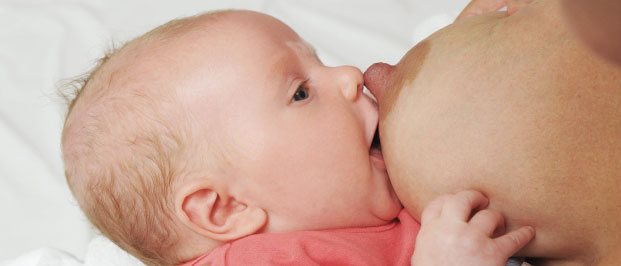
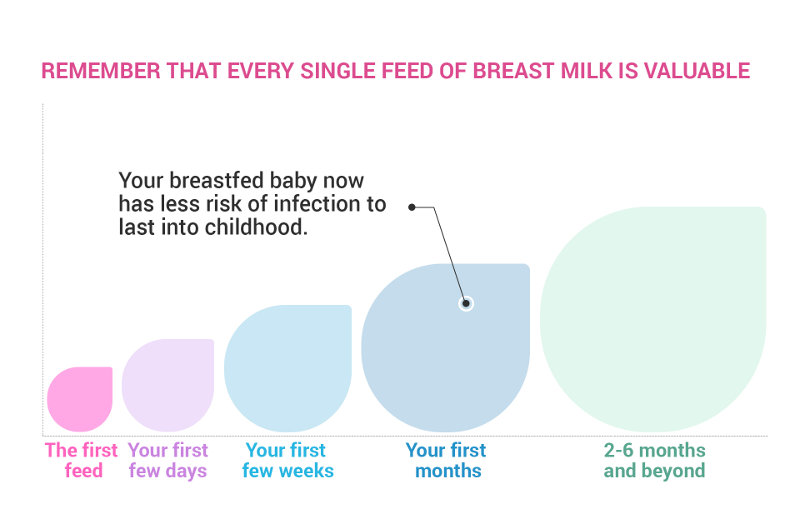



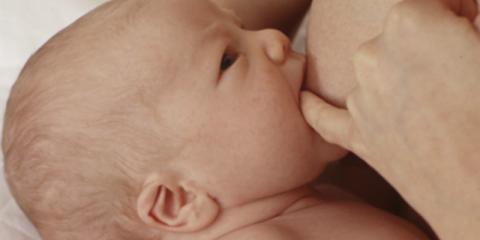
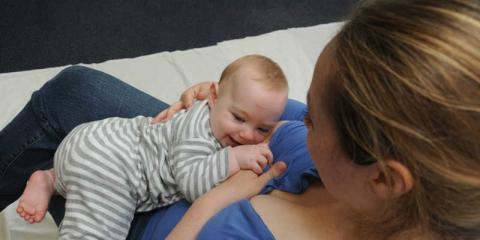

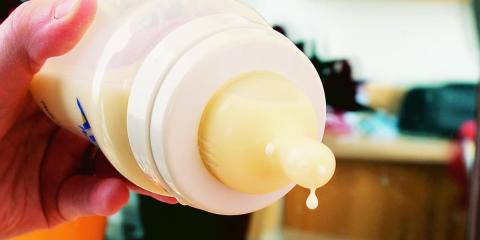


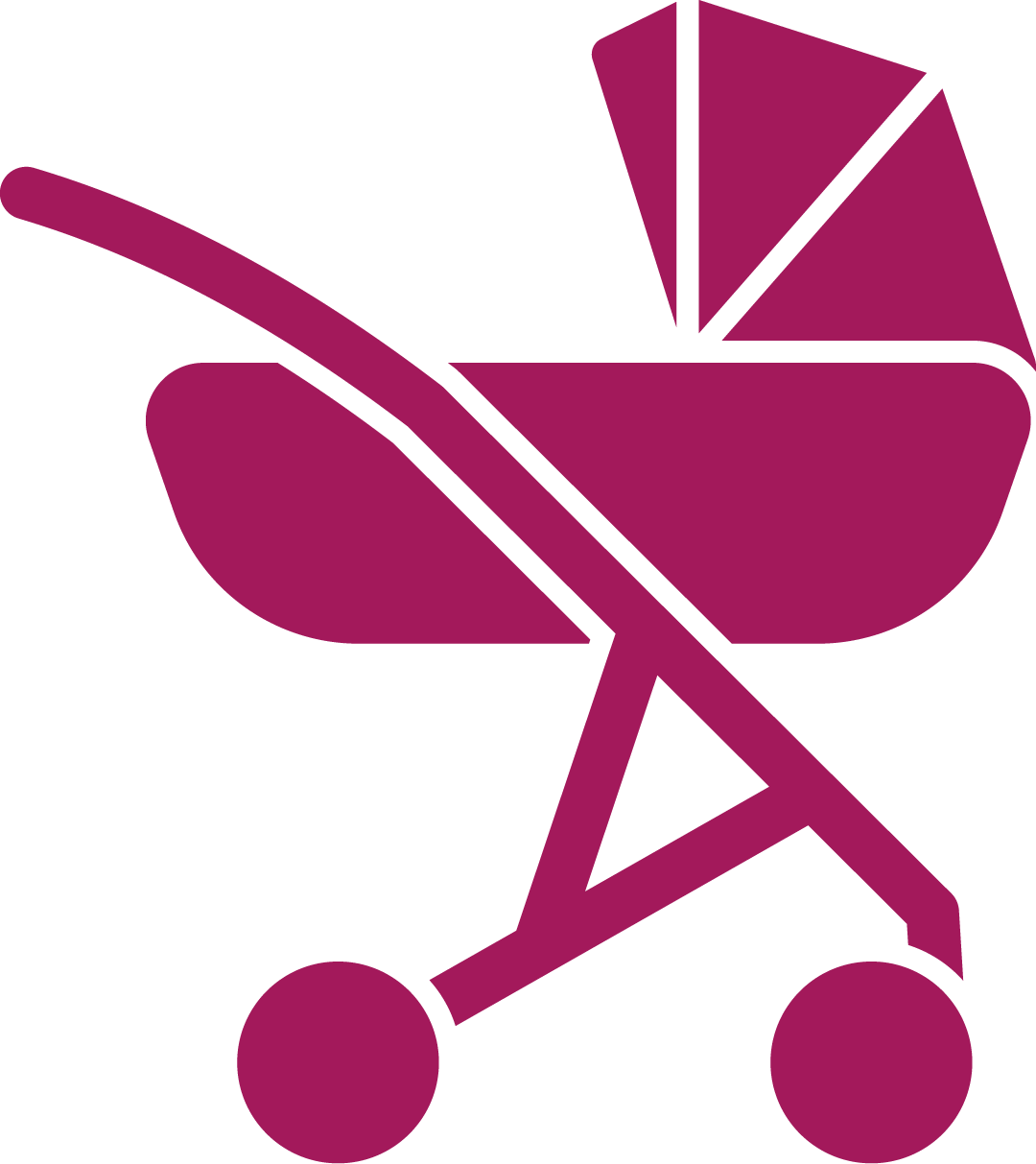 Pregnancy & First Days
Pregnancy & First Days
 Sleep
Sleep